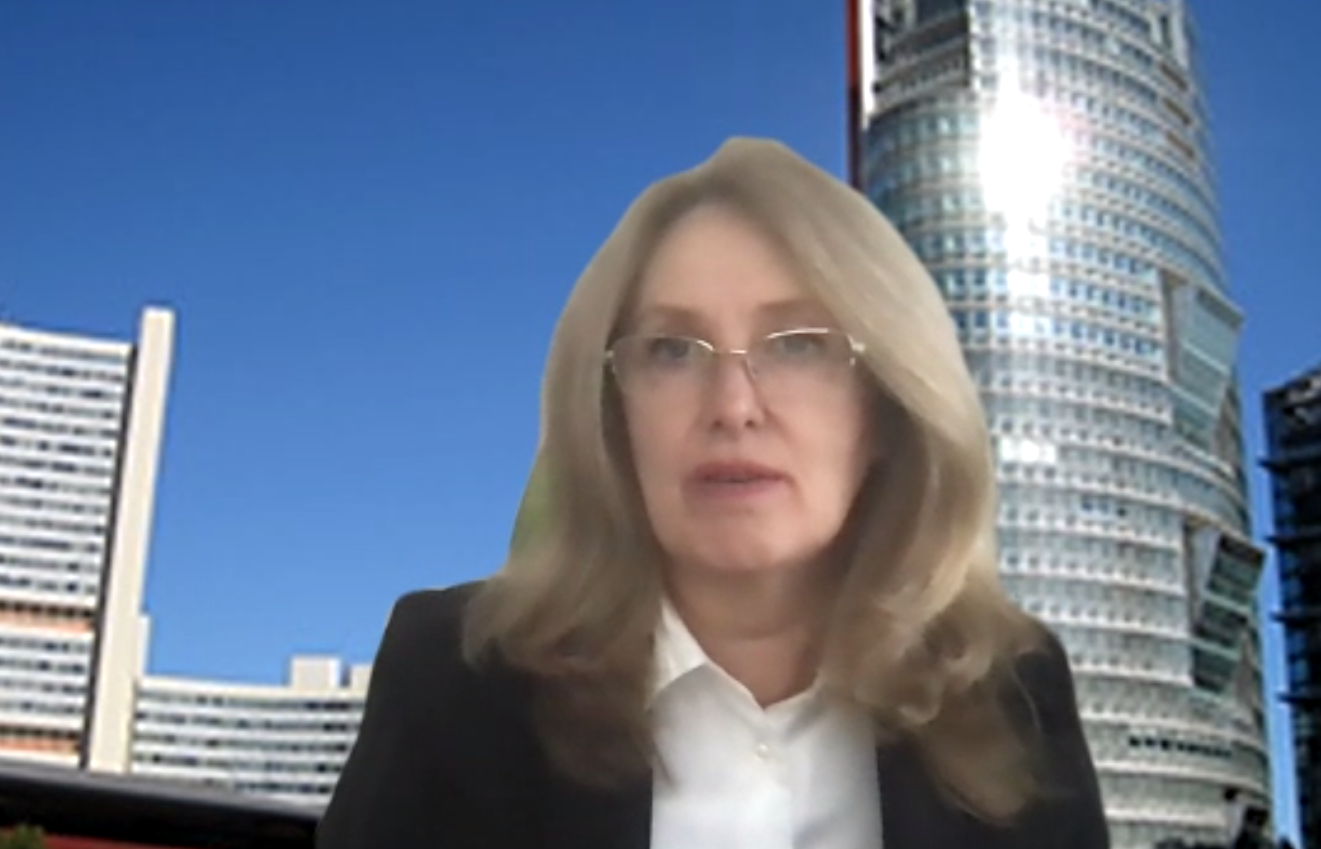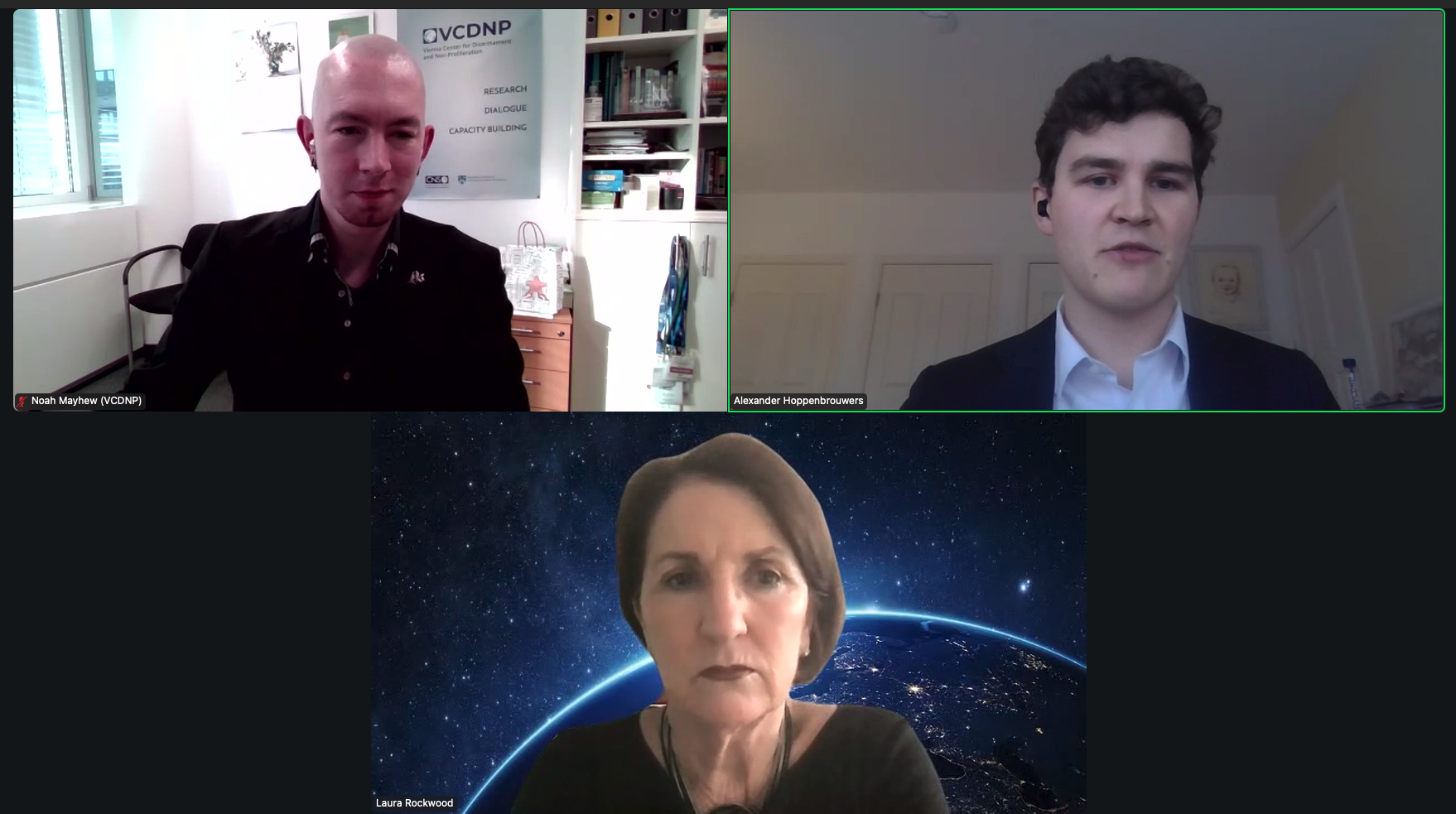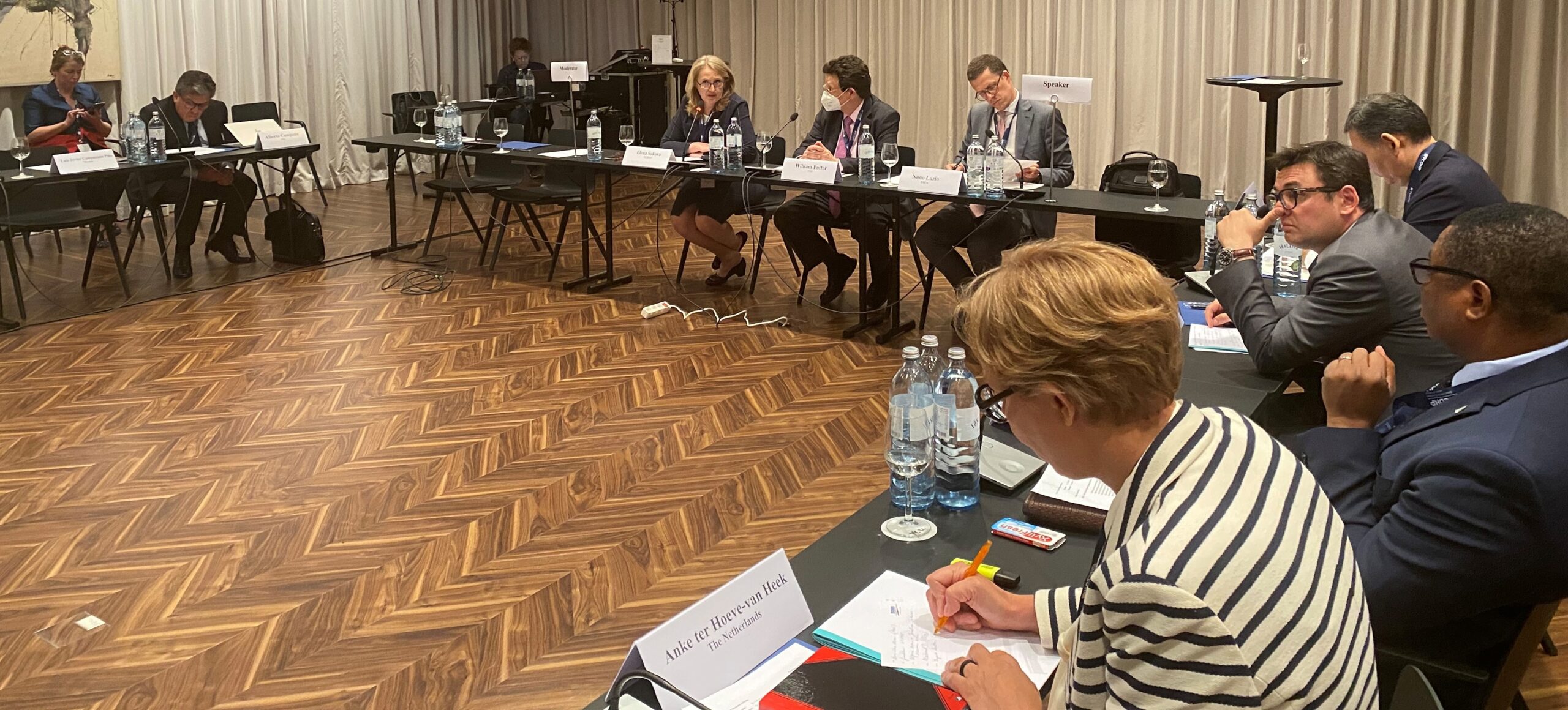
Ahead of the Tenth Review Conference to the Treaty on the Non‑Proliferation of Nuclear Weapons (NPT), the VCDNP and the James Martin Center for Nonproliferation Studies (CNS) held a high‑level diplomatic workshop in Vienna, Austria. The workshop, attended by over 50 senior diplomats and experts from international organisations and civil society, focused on the “Vienna Issues” – nuclear non-proliferation and safeguards, nuclear security, and peaceful uses of nuclear science and technology. Workshop participants discussed key challenges in these areas, their potential impact on the debates at the upcoming Review Conference, and opportunities for progress.
Three common threads emerged during the workshop discussions:

The first session of the workshop focused on Main Committee II (MC II) of the Review Conference, which covers non‑proliferation and regional issues. Participants noted that MC II should address regional challenges and cases of safeguards non‑compliance, the increasing volume of information relevant for safeguards, proliferation challenges and potential opportunities presented by new and emerging technologies, issues related to safeguarding naval nuclear propulsion programmes, and the dilemma posed by an increasing number of facilities requiring safeguards while the IAEA budget remains static. Participants suggested that the Review Conference would be an opportunity to push for the universalisation of comprehensive safeguards agreements and additional protocols, as well as for the amendment or rescission of small quantities protocols to safeguards agreements.
During the second session, dedicated to nuclear security and peaceful uses, participants discussed how the NPT’s Pillar III on peaceful uses could serve as “common ground” at the Review Conference as an uncontested issue for cooperation. Participants also drew attention to the crucial role that peaceful uses play in development, noting that States Parties should think of promoting access to peaceful uses as a contribution to achieving the United Nation’s Sustainable Development Goals. In this regard, participants also noted that much of the IAEA’s work in technical cooperation qualifies for Official Development Assistance and that further promotion, especially at the Review Conference, of the IAEA’s work for development is appropriate and needed.
As the workshop took place in the shadow of the continued Russian invasion of Ukraine, the participants discussed how the war, including attacks on civilian nuclear facilities and threats of use of nuclear weapons, might affect the Review Conference and the non-proliferation regime writ large.
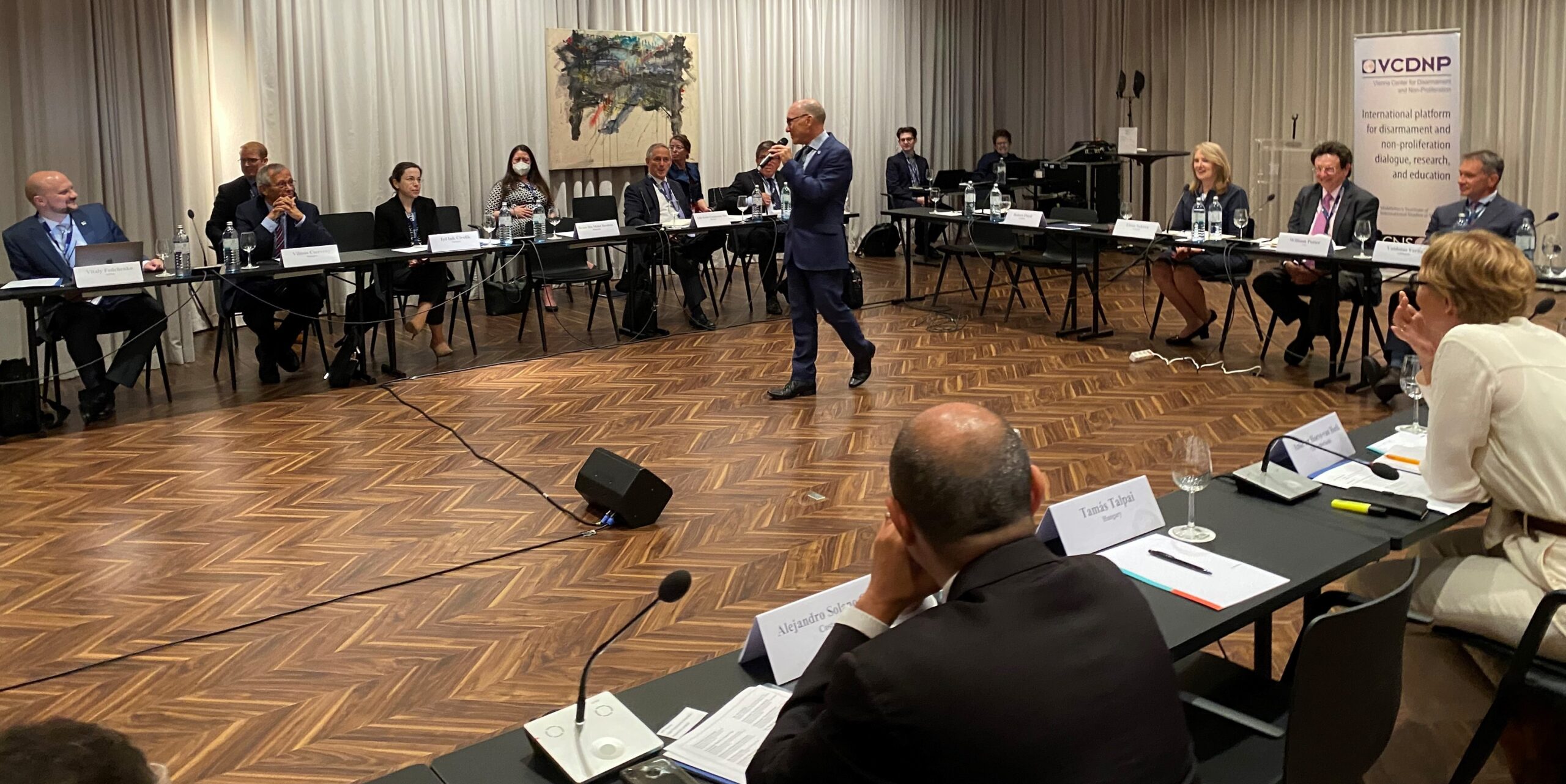
Executive Secretary of the Comprehensive Nuclear‑Test‑Ban Treaty Organization Dr. Robert Floyd delivered a keynote address during the workshop. Dr. Floyd stressed the importance of international law, including multilateral treaties such as the NPT and the Comprehensive Nuclear‑Test-Ban Treaty (CTBT), for international peace and security and noted that the NPT Review Conference is an opportunity to reaffirm critical global norms in the nuclear sphere. He underscored the link between the CTBT and the NPT, as the NPT preamble expressed an aspiration for “the discontinuance of all test explosions of nuclear weapons for all time,” and suggested that the CTBT could serve as an area of agreement at the upcoming Review Conference. He also noted that the CTBT is a success story, as there is near universal support for the Treaty, and a powerful norm against nuclear testing backed up by a verification system that already works. Considering the difficulty of current circumstances, Dr. Floyd concluded his keynote with a call on the NPT States Parties to “do no harm” to potential future steps, stressing that “we could see August in New York as a first step but there is still further we need to go.”
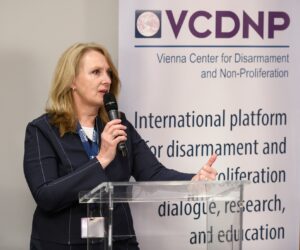
Following the formal workshop programme, the VCDNP was proud to host a reception in celebration of the tenth anniversary of the opening of the Center. The reception, dubbed VCDNP 10+1 (as the celebration had to be postponed by one year due to the COVID‑19 pandemic), was attended by a wide network of alumni of the VCDNP’s capacity building activities, other Vienna‑based diplomats, international civil servants, and other friends of the Center.
The VCDNP and CNS express their gratitude to the Carnegie Corporation of New York for its generous support.





